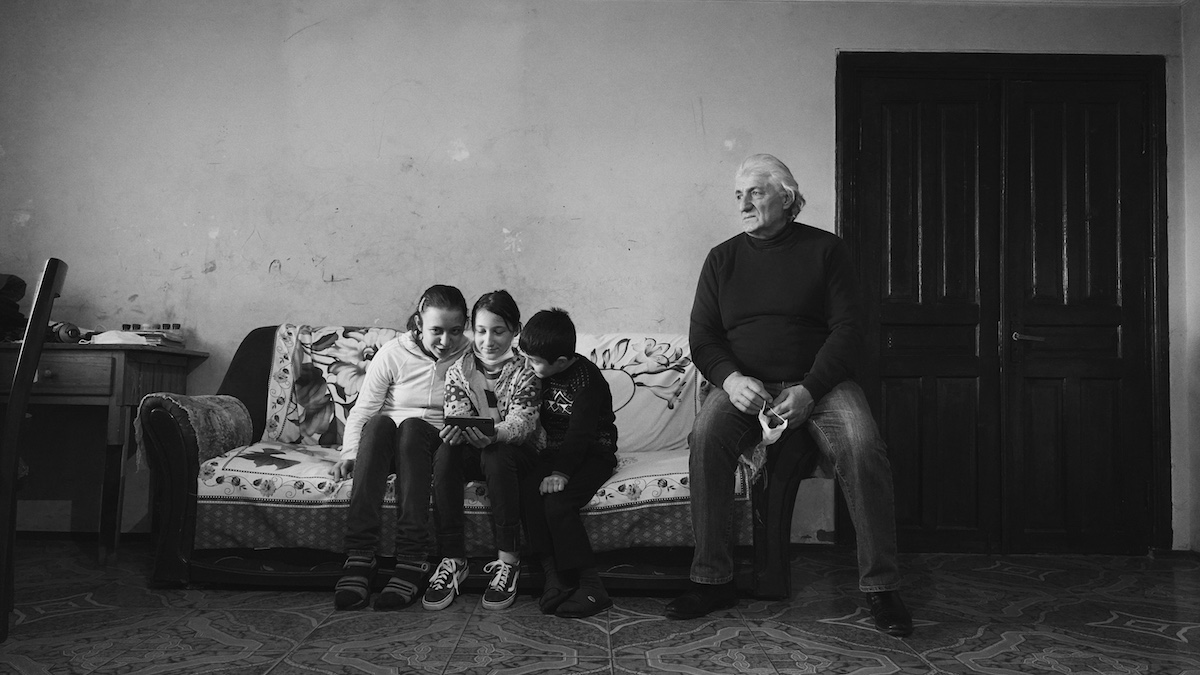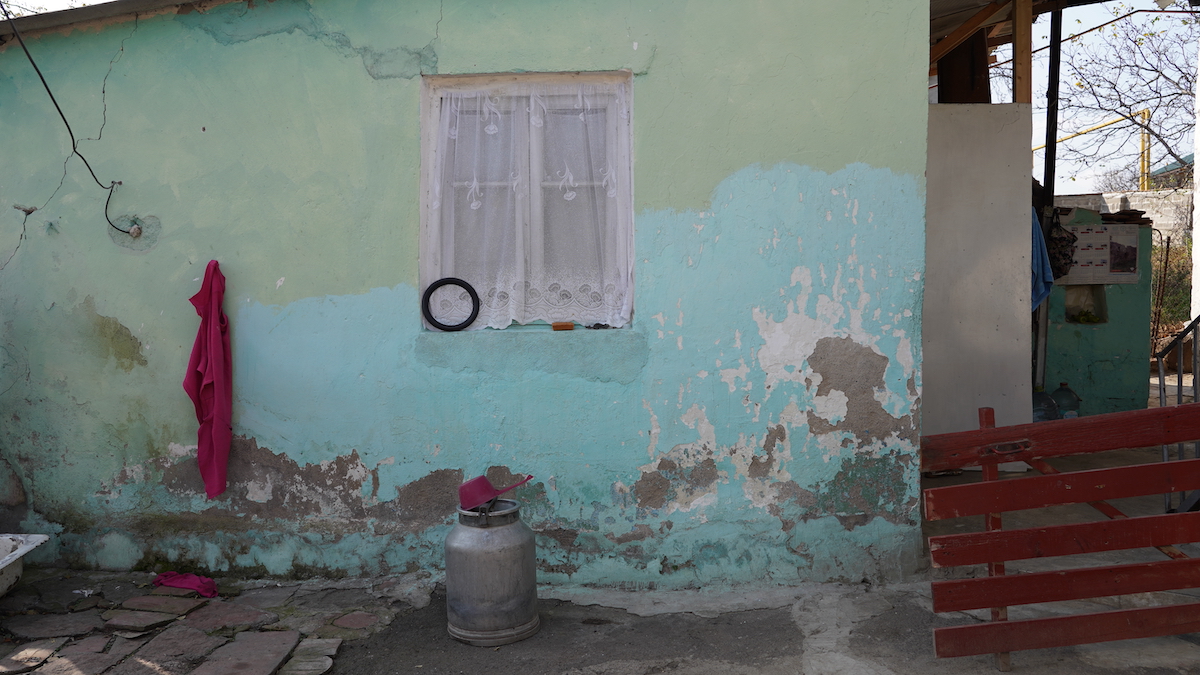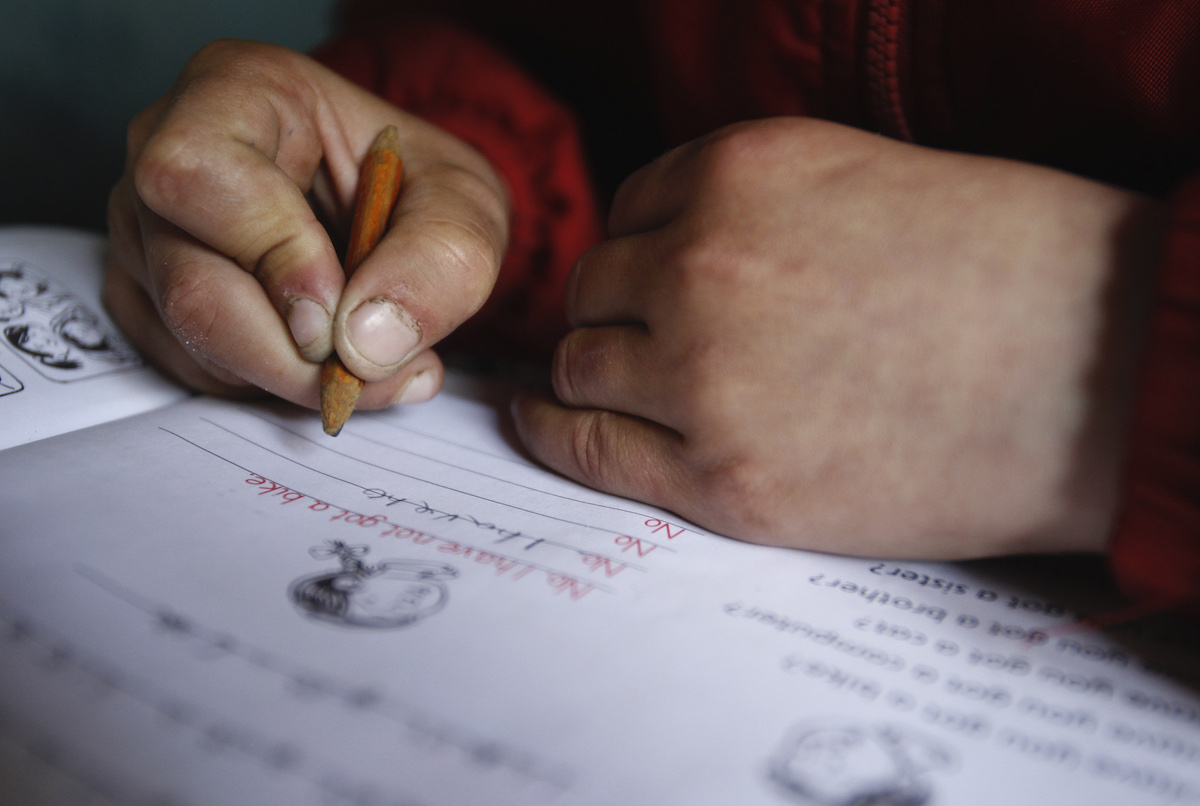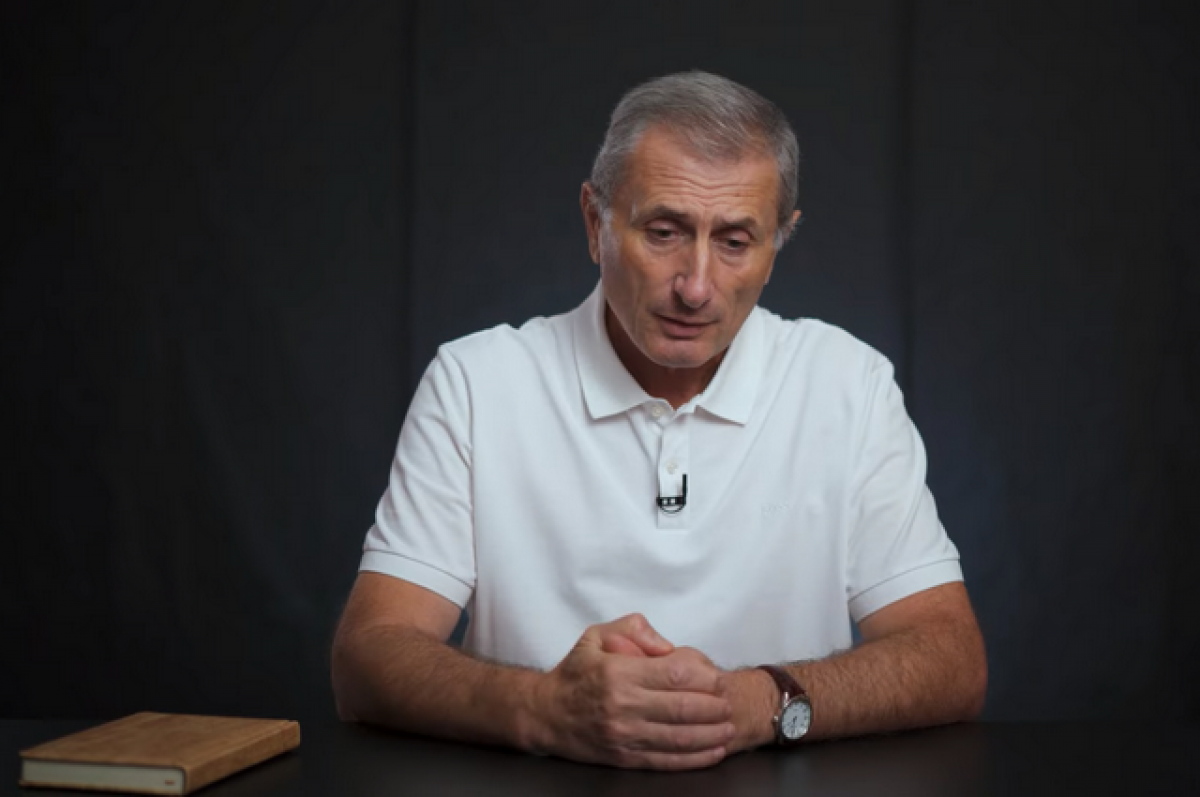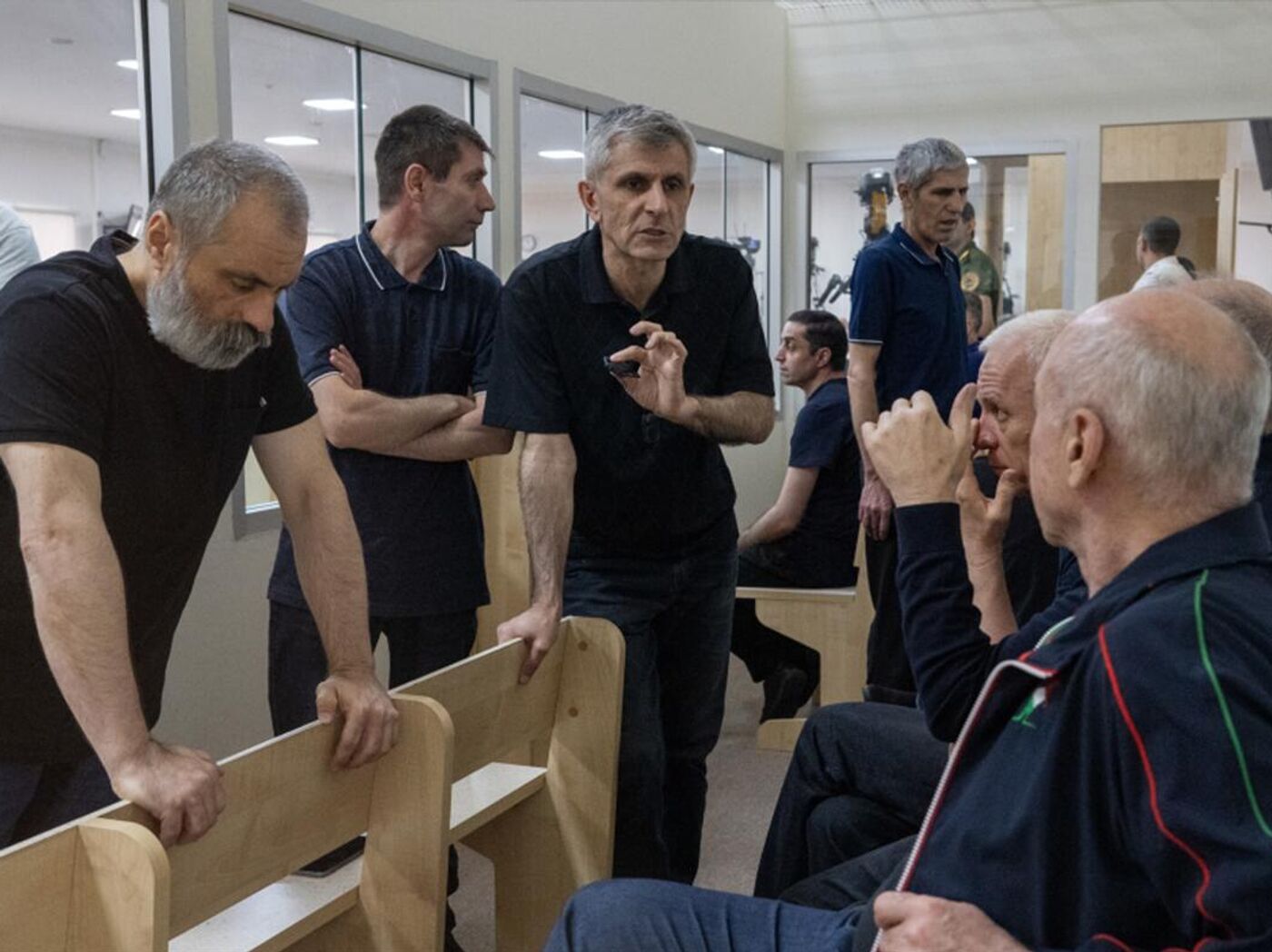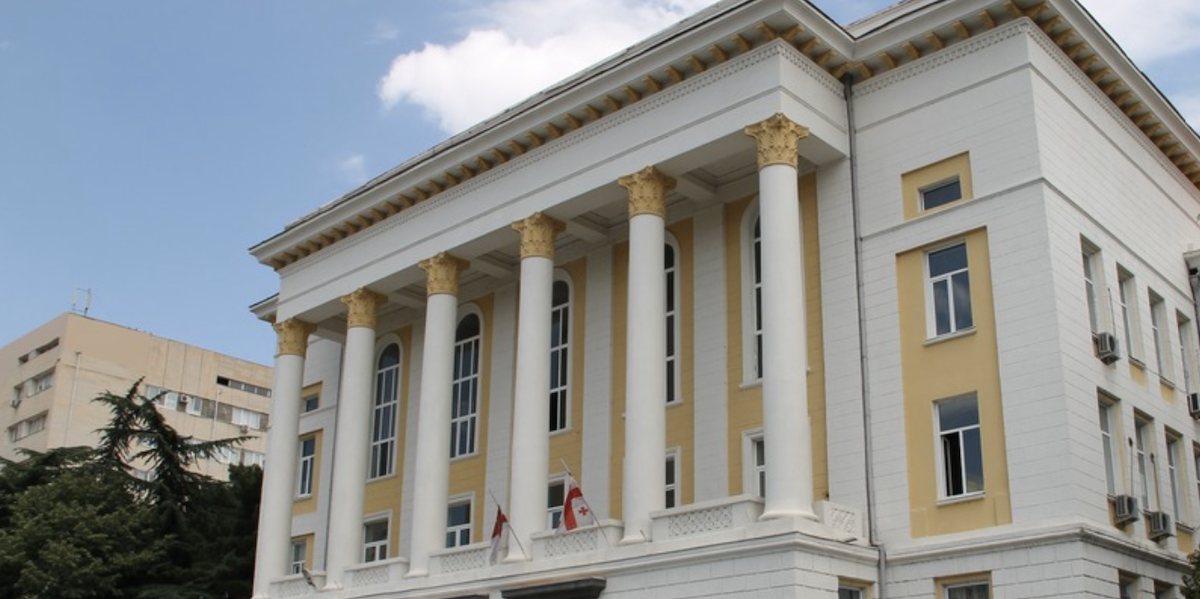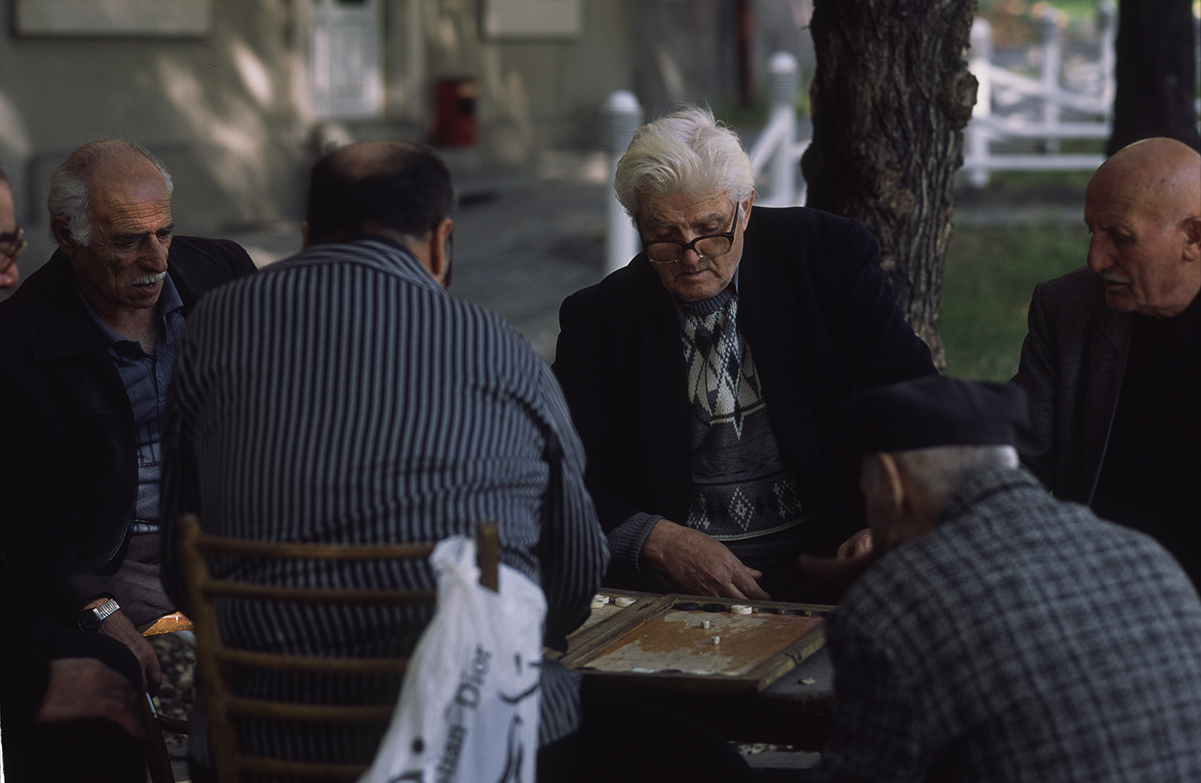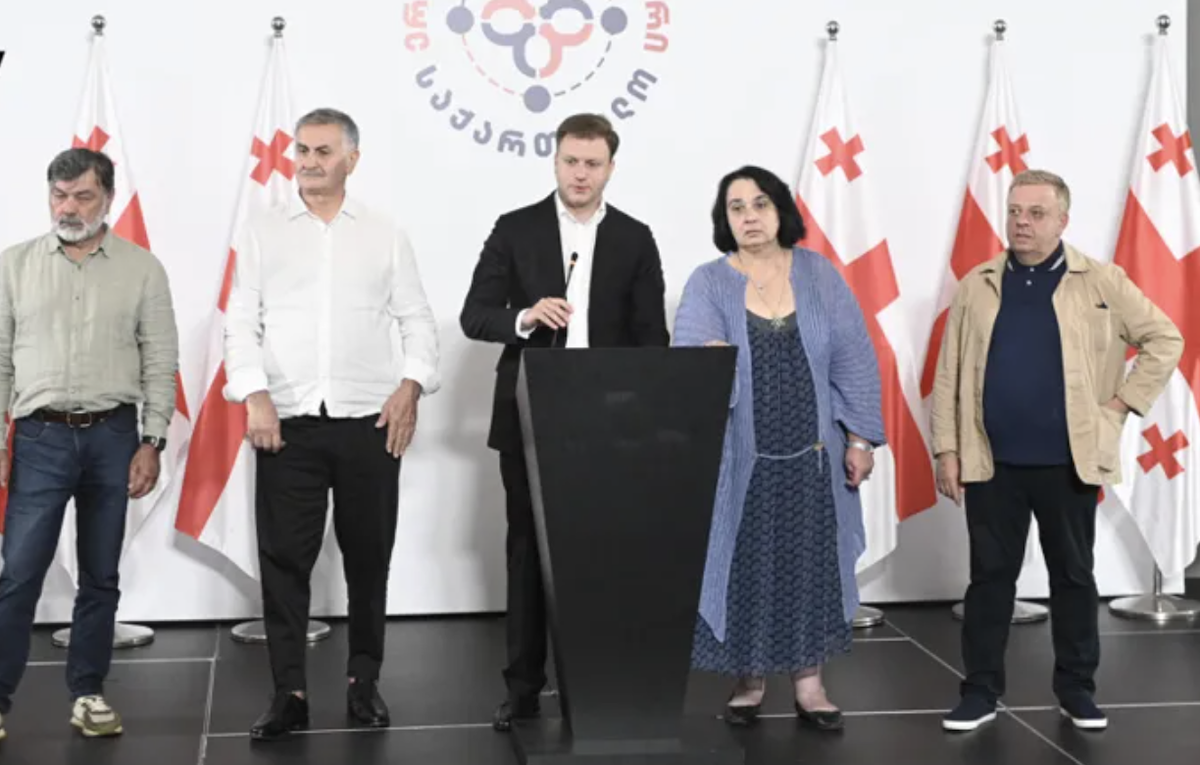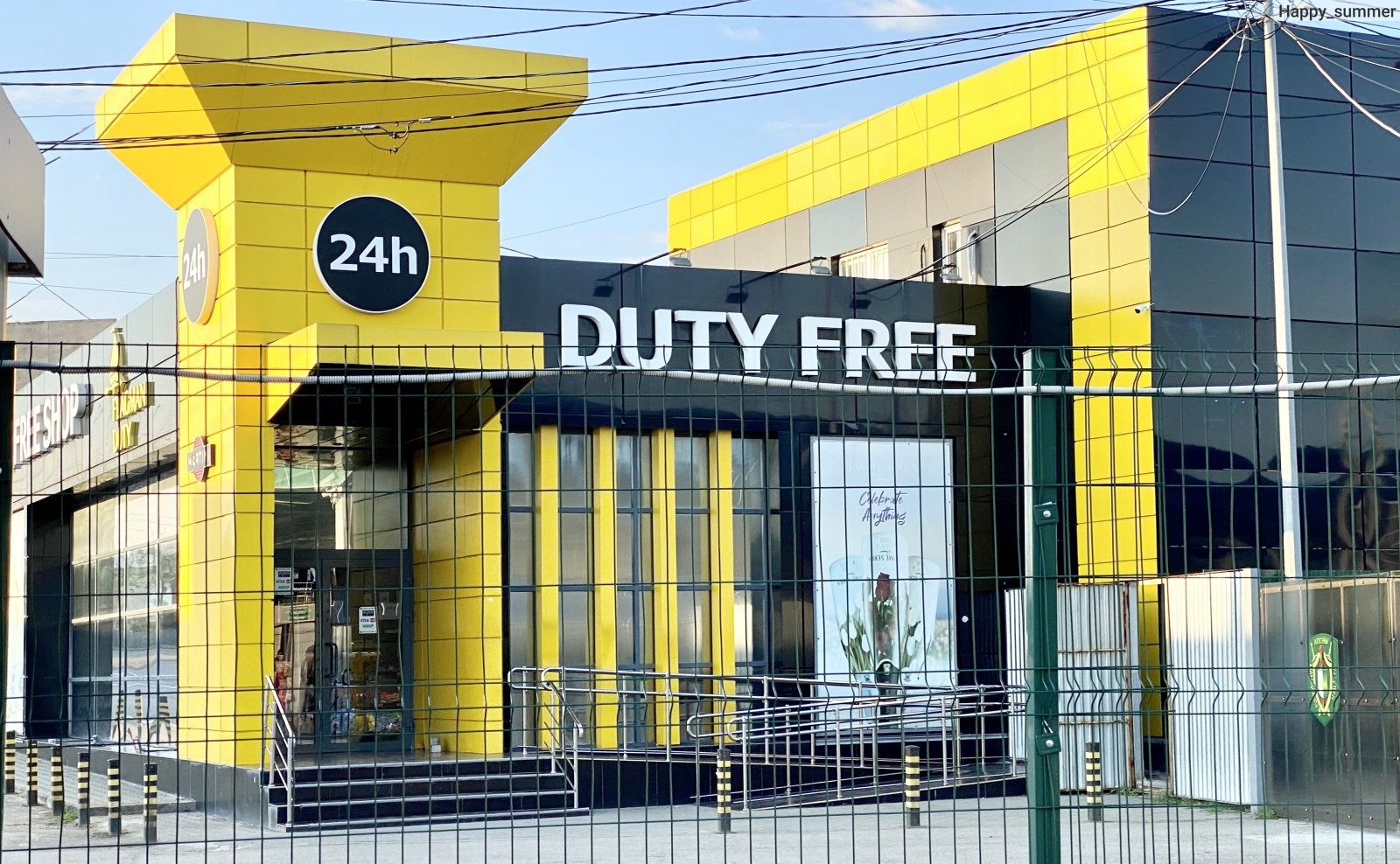Poverty and neglect: What is life like for children in Georgia?
Children’s rights in Georgia
1 June is International Children’s Day. A few facts are enough to illustrate what life is like for children in Georgia. For example, in just the first four months of 2025, ten minors died in the country due to poverty and substandard construction.
There is no comprehensive data on how many children have died in recent years in Georgia as a result of poverty or negligence. In most cases, charges include criminal negligence or breaches of safety regulations, but the statistics are not categorized by cause.
According to media reports, over the past five years, more than 30 minors have died in such circumstances.
JAMnews has compiled the most high-profile cases and figures that starkly reflect the reality of childhood in Georgia.
Nikoloz, 13 years old. Tbilisi
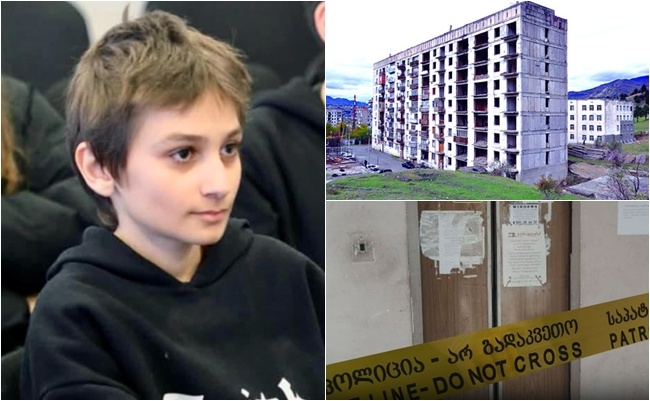
Photo: Social mediaь
Late at night on 11 April 2025, 13-year-old Nikoloz Kokoshashvili fell into the lift shaft of a residential building in one of Tbilisi’s neighborhoods. He could not be saved — he was taken to hospital but died shortly after.
A neighbor told Radio Liberty that Nikoloz had been on the roof of the building with his friends. It was already dark. Nikoloz fell into the lift shaft, which had been left open.
“Nearly all his organs were damaged — his stomach, liver, lungs… the injuries were so severe there was no chance he could survive,” one of the boy’s neighbors said.
The building where the tragic incident occurred is just a few hundred meters from where Nikoloz lived. It is half-ruined — locals say it’s sinking into the groundwater and have nicknamed it “the Titanic.”
Most of the gloomy Soviet-era high-rise stands empty: the majority of its windows and doors are missing. Still, about a third of the building has windows, suggesting people continue to live there. Laundry hanging on balconies confirms it.
Residents say they’ve been demanding repairs to the building for years, even contacting City Hall several times — but without success.
Tbilisi City Hall responded by stating the building has been classified as hazardous since the 1980s and cannot be repaired. Instead, it has offered residents the option to relocate. This statement was reiterated on the day of Nikoloz’s death, with officials noting that some residents had refused the city’s earlier relocation offers.
Datuna, 13 years old. Batumi
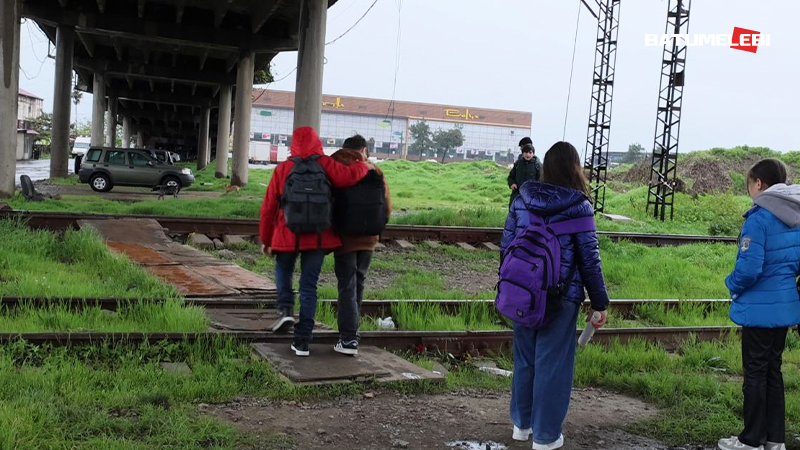
On 8 April 2025, near Batumi Station, 13-year-old Datuna was struck and killed by a passenger train. She was on her way home from school, crossing railway tracks that run between the school and the residential area. She died instantly.
According to Batumelebi, hundreds of children use this route every day. There are no semaphores, traffic lights, or any other warning systems in place to alert them to approaching trains.
Following Datuna’s death, Georgian Railways issued a statement of condolences, while Batumi City Hall remained silent.
Boys in a ditch. Batumi
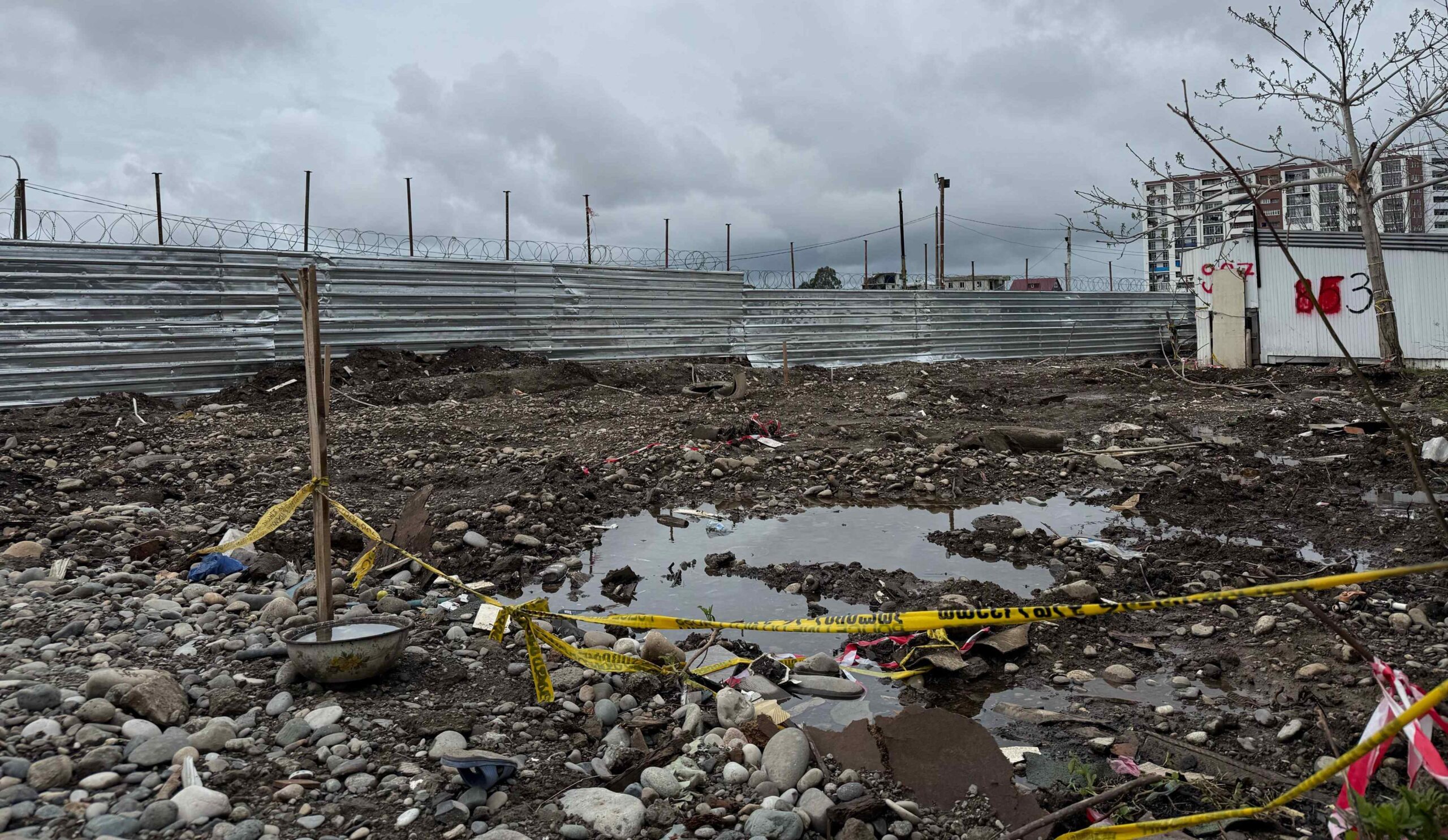
On 15 February 2025, in Batumi, two boys aged 5 and 8 died after falling into a deep, water-filled ditch at a construction site. The boys were neighbors and had been playing together. They were missing for six hours before the grandfather of one of them discovered their bodies.
It appears the younger boy, aged five, fell in first. The older boy tried to save him — he removed his shoes and left them by the edge of the ditch before falling in himself and drowning.
The incident took place in the so-called “City of Dreams” — an informal settlement made up of single-storey shacks. According to the latest census, around 1,500 people live there.
Just a week before the tragedy, Georgian Dream party leader Irakli Kobakhidze and then-chairman of the government of Adjara, Tornike Rizhvadze, had proudly announced the launch of the second phase of construction in the “City of Dreams,” promising to build nine apartment buildings with a total of 1,077 flats over the next three years.
Iosif, 16 years old. Tbilisi
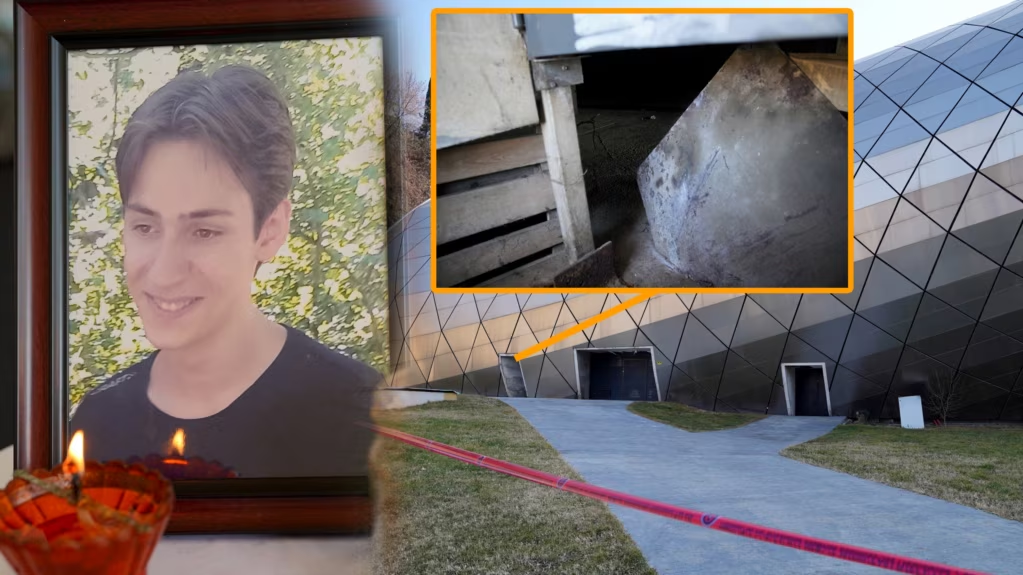
On 25 January 2025, 16-year-old Iosif Adeishvili fell into a pit filled with water and mud in the riverside Rike Park in Tbilisi. His friends tried to pull him out, holding onto his hands for several minutes but were ultimately unable to save him.
There were no warning signs around the pit.
Iosif was a 10th-grade student. He played the piano and had recently begun composing his own music. On the day of his death, he had met up with friends after music lessons.
Five sisters lost to fire. Saberio village
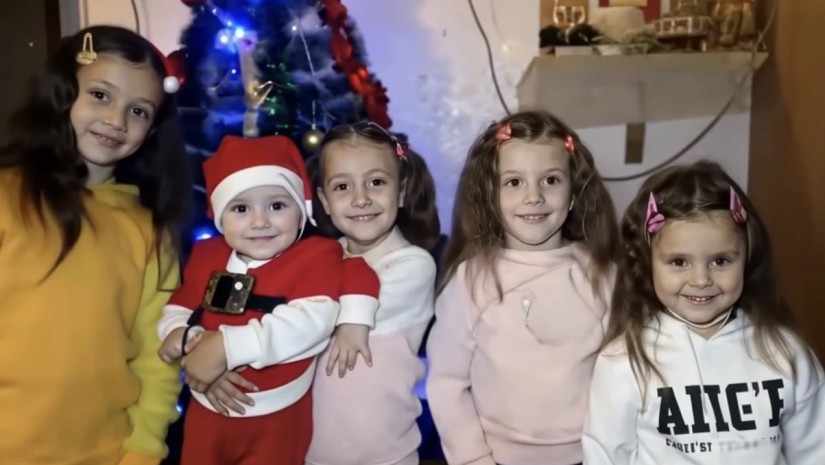
On 5 January 2025, five sisters died in a fire that broke out in a private home in the village of Saberio, in Georgia’s Gali district. At the time, the children were at home with their grandmother. The fire started while the stove was being lit. According to local residents, the grandmother may have mistaken petrol for kerosene, causing the blaze. The flames quickly engulfed the small wooden house, and the girls could not be saved.
The eldest sister was 8 years old, and the youngest was just 8 months. The family lived in a different village, but after the girls’ mother was admitted to the hospital, their father brought them to stay with their grandmother in Saberio and went to visit his wife. The family was socially vulnerable and relied on welfare support.
High-profile cases from previous years
***
On 13 August 2024, two minors died in a fire in Zugdidi. The blaze broke out in a rented flat where a mother lived with her four children. The fire was likely caused by a lit candle. The older siblings managed to escape, but the six-year-old twin brothers were found dead by rescuers.
On the night of the tragedy, the mother had gone to work, leaving the children asleep. The candle may have been left burning so they wouldn’t be afraid in the dark. A day before the fire, the family’s electricity had been cut off due to unpaid bills.
***
On 3 August 2023, a landslide at the Shovi resort killed 33 people, including seven children.
***
On 11 July 2023, in the Tskneti district of Tbilisi, 16-year-old Datuna Zhghenti died from an electric shock near a site where park restoration works were underway. The local administration later stated that the electrical equipment that caused the tragedy had been installed illegally and unprofessionally.
***
On 12 March 2023, a strong gust of wind lifted a trampoline positioned along Lake Ardagani on Batumi Boulevard. At the time, two brothers were playing on it — 9-year-old David and 3-year-old Daniel. David died from his injuries, and the family, along with doctors, began a long battle to save 3-year-old Daniel.
***
On 13 October 2022, 13-year-old Marita Meparishvili was fatally electrocuted at a fountain in the newly renovated Vake Park in Tbilisi. According to witness accounts, children had been playing in the park when they dropped a ball into the fountain and ran to retrieve it. Marita could not be saved, and her friend was hospitalized.
Just a few days earlier, the park had been officially reopened in a ceremony attended by Tbilisi Mayor Kakha Kaladze.
***
On 8 October 2021, an entire entrance section of a residential building collapsed in Batumi. Nine people were killed under the rubble, including three children. After the incident, it was revealed that renovation work had been taking place on the ground floor, during which load-bearing walls had been demolished.
***
On 3 February 2020, a fire in a residential house in Baghdati claimed the lives of a mother and her four young children: 9-year-old Gennadi, 7-year-old Tariel, 5-year-old Tiko, and 2-year-old Rostom. The family was socially vulnerable and living in a house that had been lent to them by its owner. The building was wooden, and the fire — likely caused by a wood-burning stove — spread rapidly.
Nearly one in three children in Georgia receives social assistance
As of 1 January 2024, the number of children under 18 in Georgia stands at 841,727. According to the Ombudsman’s report, 270,712 of them receive social assistance.
This means that 32.15% — nearly one in three children — are growing up in impoverished families classified as socially vulnerable. The allowance provided amounts to 200 lari (approximately $ 73).
In total, 369,924 children under 18 are registered in the Unified Database of Socially Unprotected Families.
The same report notes that in 2024 the number of children registered in the database rose by 6.51% compared to the previous year.
Another study, conducted by Georgia’s national statistics office with support from UNICEF between July and September 2022, found that nearly 38% of children in Georgia experience material and social deprivation.
There are 16 essential needs for a child’s healthy growth and development. These include new (not second-hand) clothing and footwear, daily meals with meat, fresh fruits and vegetables, access to books, toys, a warm home, holiday trips, internet access, and the ability to occasionally invite friends over to play or eat.
In Georgia, 37.8% of children live in households that cannot meet at least three of these basic needs.
What else do numbers show?
According to the Ombudsman’s 2024 report to parliament:
- 608 children were officially recognized as victims of domestic violence, with criminal proceedings initiated against 2,172 individuals;
- 114 minors who were victims of sexual violence were referred to the Centre for Psychosocial Assistance to Children Affected by Violence;
- 1,558 children were in state care, including 1,272 placed under the guardianship program;
- 163 unaccompanied minors were included in the Subprogramme for Providing Shelter to Unaccompanied Children.
Who is responsible ?
“The state has normalized the deaths of children. It has made it acceptable that children can die in public places, near their homes — and [the state] bears no responsibility, whether legal, moral, or political,” says Tako Kapanadze, a lawyer at the organization Partnership for Human Rights.
Her organization has been defending children’s rights for years, taking numerous cases to the European Court of Human Rights.
Tako believes that child poverty — and poverty in general — serves as a convenient tool for the government:
It uses the problem so often for its own political purposes that it makes no effort to solve it.
She also notes a growing number of children whose parents have left the country to work abroad — yet there are no state programs aimed at protecting these children.
The fact that the state never properly punishes those responsible and regularly dismisses tragedies as mere accidents is, in her view, another indicator of official neglect:
“An accident is when the state takes measures, builds a system, and something rare and unforeseeable still happens.”
Tako argues that poverty in Georgia is almost “genetic” — people born into it find it nearly impossible to break the cycle:
“In times like these, it’s hard to get a quality education, and access adequate housing or healthcare. And if a child lacks all of that, they sink even deeper into poverty.”










